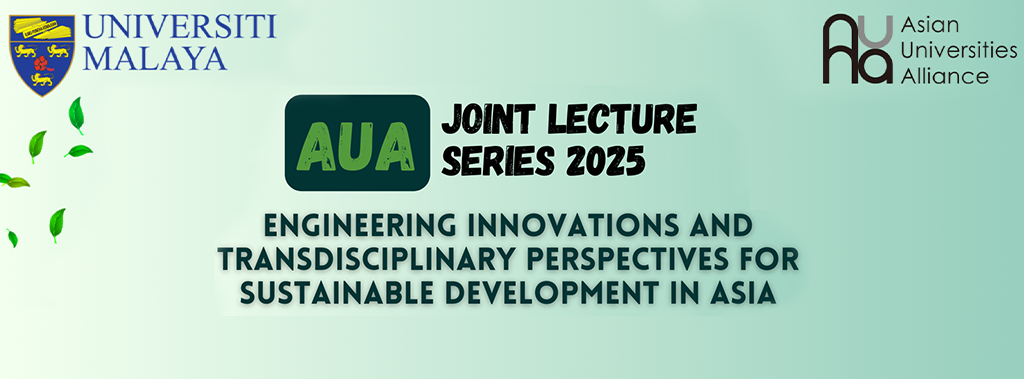Theme: Progress of Research on New Energy Power Systems
Professor: Prof. OUYANG Minggao, Academician of the Chinese Academy of Sciences, Professor at the School of Vehicle and Mobility, Tsinghua University
Date: 11 October 2022 (Tuesday)
Time: 18:00-19:30 (UTC+8)
Main points:
1. Background
2. Li-ion Battery Safety
3. Hydrogen PEM Fuel Cell System
4. Energy storage by battery and hydrogen
Summary:
Focusing on the new energy power system, Prof. Ouyang first pivoted to the new energy vehicle development in China, developments in EV markets, and fuel cell electric vehicle stock in 2021. He pointed out that the transition from oil and gas to renewable energy is one of the five pillars of the third energy revolution which might enable China to achieve carbon neutrality. In addition, Prof. Ouyang introduced the new energy power system group of Tsinghua University and its research history as well as its research framework which comprises battery hydrogen smart energy, hydrogen and FC system, energy storage battery, and EV smarty energy system.
The second part of the lecture concentrated on Li-ion Battery Safety. Professor Ouyang elaborated on the mechanisms of thermal runaway with detailed graphs and pertinent research on its three stages including initiation, thermal runaway, and propagation. To prevent those battery safety issues, there are three different technologies: active safety, intrinsic safety, and passive safety. After introducing the basic principle of Lithium-ion batteries and the progress of power batter technology in China, Prof. Ouyang mentioned that to solve accidents of high-energy density Li-ion batteries, a Safety Research Lab at Tsinghua University has been cooperating with universities, national labs, and manufacturers domestically and internationally.
In the third section, Prof. Ouyang stressed a core technology of the new energy powertrain, the hydrogen PEM fuel cell system. He talked about the development process of fuel cell system at Tsinghua University where the research group worked on the FC hybrid powertrain, FC engine, FC stack, and MEA technology chronologically from 2005 to 2020. After explaining the research progress in this area, he shared its application and anticipated the technology roadmap till 2030 and 2035.
Lastly, Prof. Ouyang ended his lecture with the interpretation of energy storage by battery and hydrogen which will solve the problem of distributed and centralized energy storage respectively. Specifically, battery energy storage is mainly for the user side and distributed PV, particularly V2G vehicles. Hydrogen energy storage is the prospect of a generation side and renewable energy base.
(The summary is written by student assistant Li Xinyue.)
*The views and opinions expressed in this lecture series are those of the guest lecturers. They do not purport to reflect the opinions or views of the AUA or its members or its Secretariat.

